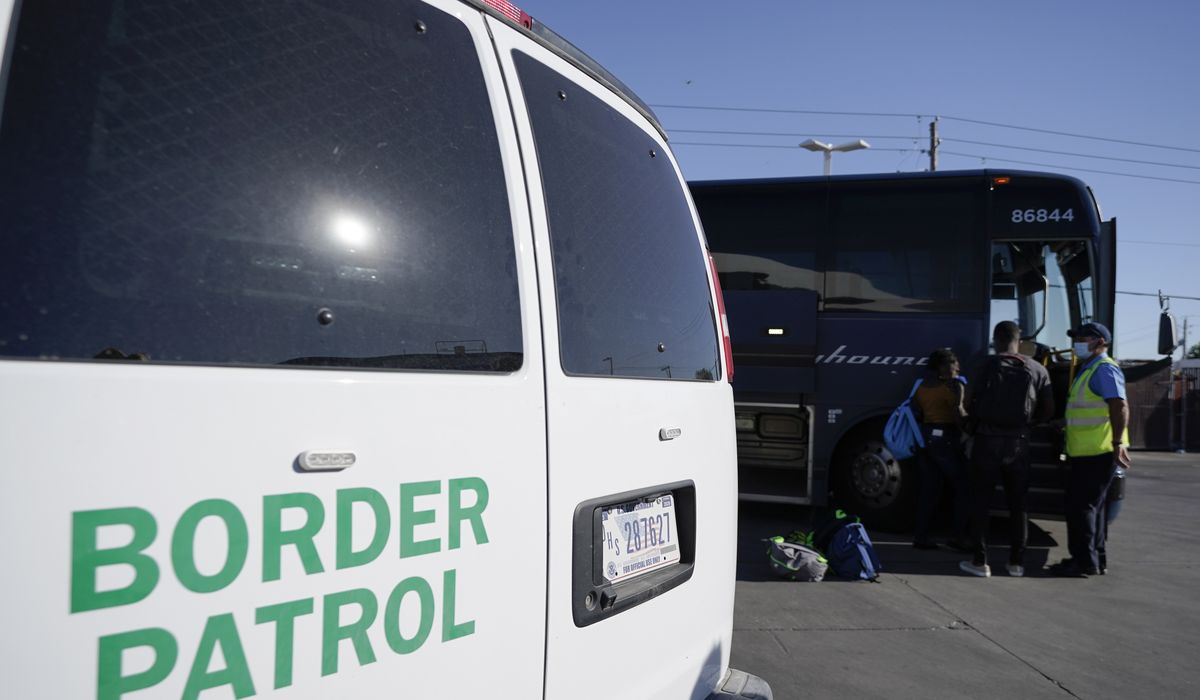

Homeland Security paid more than $330,000 for a software license for the last two years for a system that hadn’t functioned since 2018, the department’s inspector general said in a new report Monday.
The bungle came at Customs and Border Protection’s Office of Field Operations, which oversees ports of entry. The system in question was supposed to help officers search electronic devices of travelers suspected of illegal behavior.
The equipment “has not functioned since July 2018 due to network compatibility issues,” the audit found. Yet CBP paid for the equipment for 2019 and 2020 anyway.
“OFO renewed software licenses for equipment that did not function,” the inspector general concluded.
As of March, the equipment still wasn’t working, the audit found.
Investigators were looking into CBP’s overall handling of searches of electronic devices encountered at the border — a complicated and controversial power.
Searches can either be basic — where an officer scrolls through a device’s contents — or advanced, where officers copy call logs, emails, contacts or other information.
In 2019, of 414 million inbound travelers, CBP performed 35,926 basic searches and 4,684 advanced searches. More than 1,000 devices were detained, and 193 were farmed out to other agencies such as the FBI for their own investigations.
The audit looked at 100 searches done in 2018 and 2019, and found 79 violated rules or procedures where either the search wasn’t properly documented, or the search itself went beyond the boundaries allowed.
It was during the audit that investigators found the agency was paying for software for systems that had been offline for years.
It turns out CBP’s science services directorate was aware of the network issue, but didn’t inform headquarters until 2020.
Even after hearing about the problem, though, CBP “proceeded with renewing all licenses for nonfunctioning equipment,” the inspector general said.
The total cost for 2019 and 2020 was $330,629.
The name of the system is redacted in the report as law-enforcement sensitive.
CBP, in its official response, said it would try to do better oversight of its equipment.
The inspector general said that may help identify equipment that isn’t working, but it doesn’t address the money being spent on them while they’re out of commission.
“The recommendation will remain open until CBP provides evidence of suspending the renewal of licenses for nonfunctional equipment, resolving current functionality issues at POEs, and implementing a process to communicate equipment issues,” the inspector general said.
